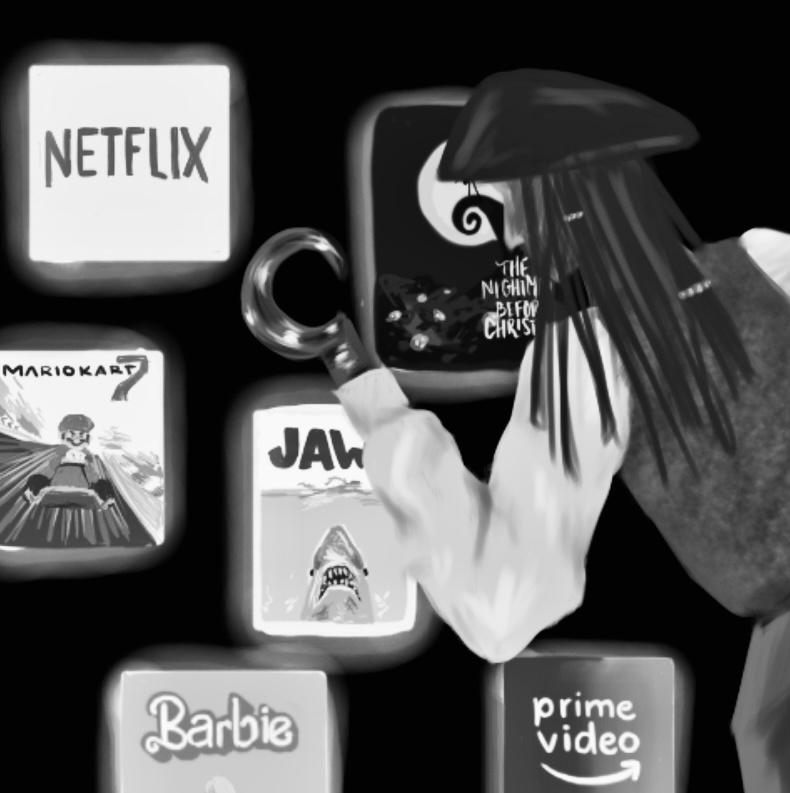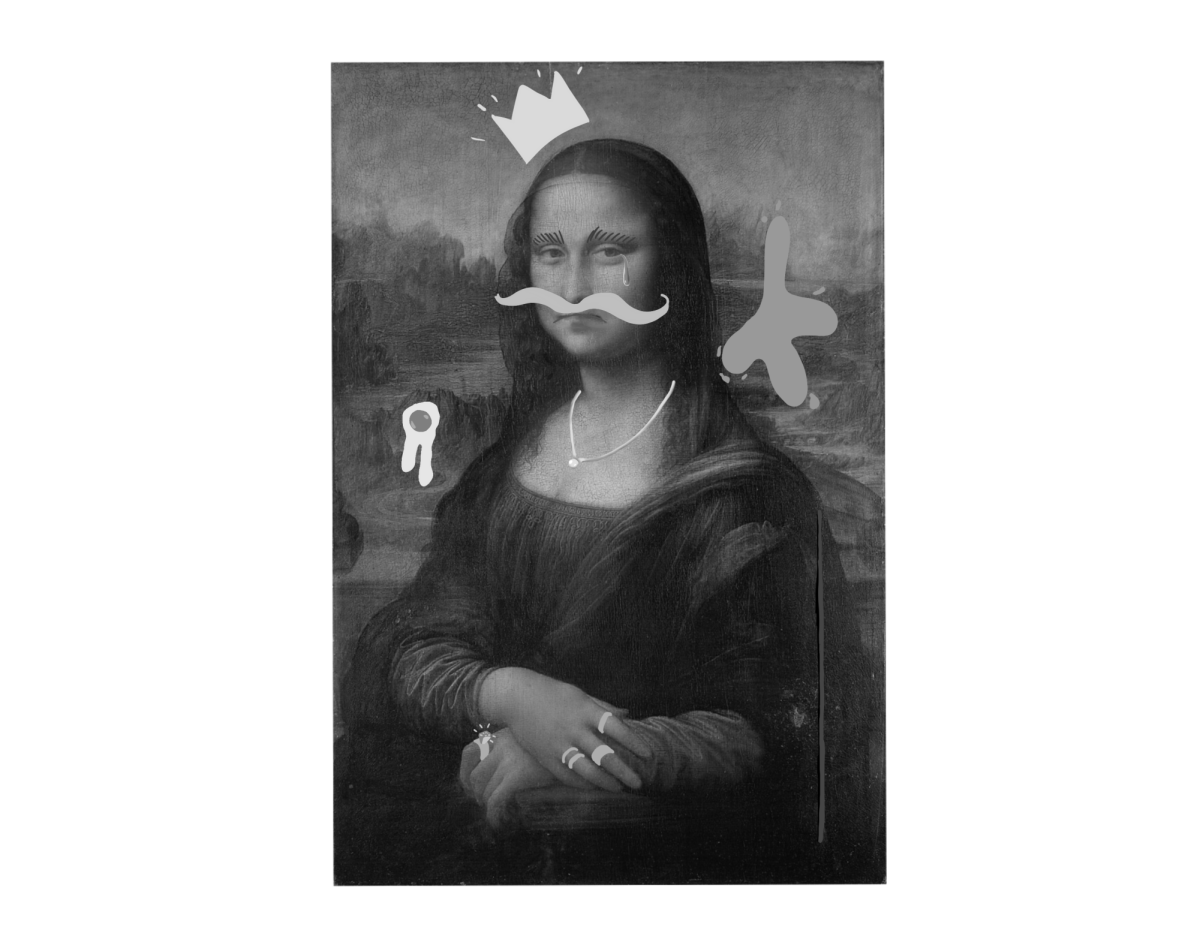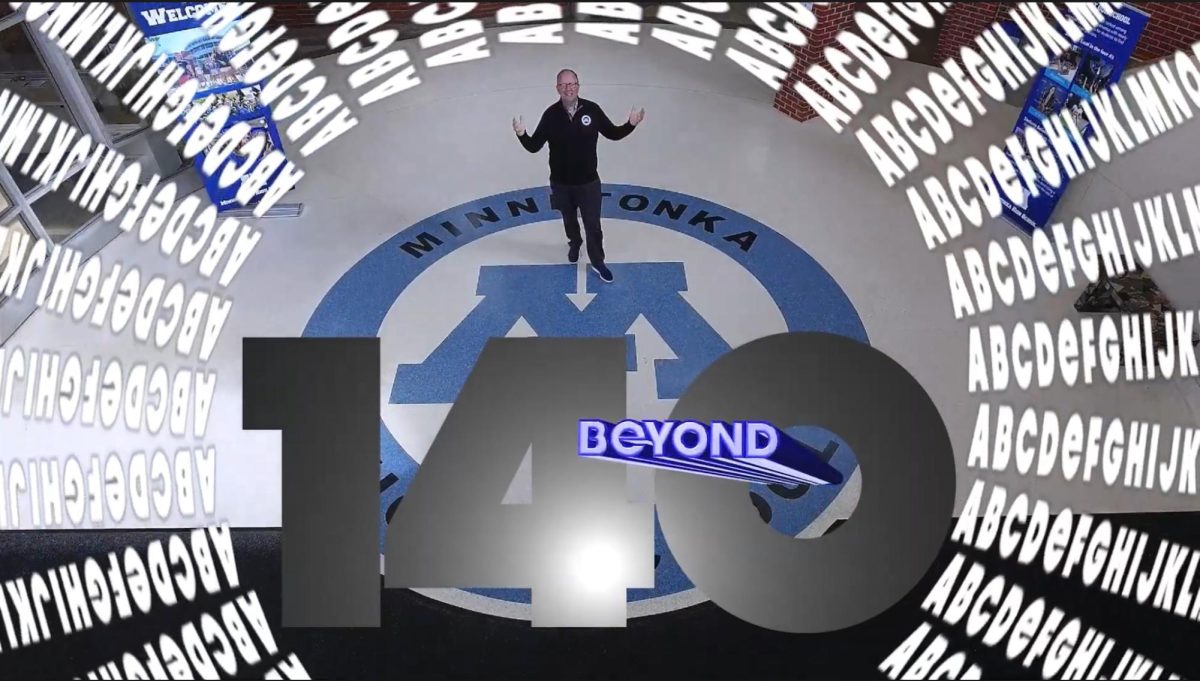Since the inception of the internet, digital piracy—the illegal copying or distribution of copyrighted material—has thrived. It has shown no signs of slowing down either, as illegal downloading of copyrighted materials takes up 24% of the global bandwidth. If you wanted to watch Outer Banks, The Bear, and Inside Out 2, you would need to have a subscription to Netflix, Hulu, and Disney+ respectively. This would cost you over $35 per month (assuming standard plan with no ads). So where do some consumers turn to? The free option: piracy.
Many argue that piracy is unethical because it deprives creators and companies of income. Sophia Shyrshova, ‘28, said “I don’t think [pirating] is good […] It is important to support creators.” Not only does pirating harm established creators, but it can also discourage more people from entering the industry due to fears of not being able to financially sustain themselves. Additionally, an estimated $29.2 billion is lost in revenue each year from the creative industry due to digital piracy. “That’s $29 billion saved for the American people,” says Maximus Ren, ‘26. This train of thought is far from uncommon. If the creators are losing money, then the consumers are saving money. Therefore, when companies demand unreasonably high prices, piracy is seen as justifiable to many.
Despite all the reasons consumers pirate, digital piracy is illegal; yet, it is still widely practiced. Ultimately, digital piracy is a symptom of the industry’s inability to cater to the consumer. Digital piracy—like most things on the internet—is undoubtedly here to stay, but whether or not industries adapt to it will determine the future of entertainment.





































